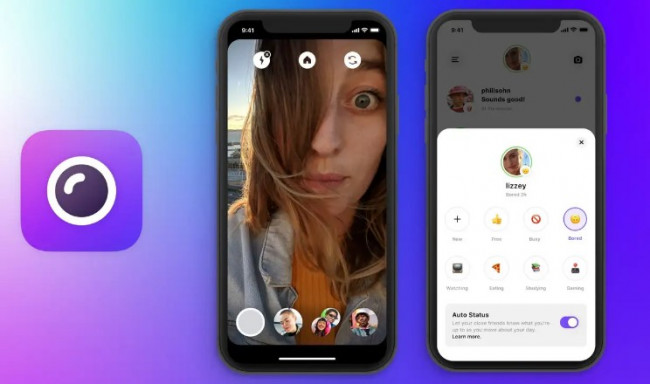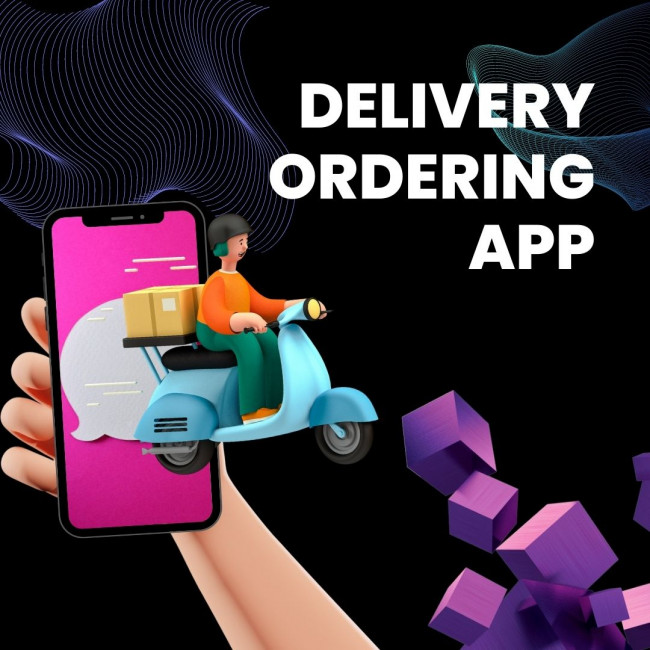In today's digital age, social media has become an indispensable tool for businesses to connect with their target audience and build brand awareness. Restaurants, in particular, can greatly benefit from a well-executed social media marketing strategy. By effectively utilizing platforms like Facebook, Instagram, and Twitter, restaurants can attract new customers, engage with existing ones, and ultimately drive more foot traffic and online orders. In this article, we will discuss ten valuable social media marketing tips specifically tailored for restaurants.
In this fast-paced digital era, having a robust social media presence is crucial for restaurants aiming to stay competitive and relevant. Social media platforms provide an opportunity to showcase your restaurant's unique offerings, connect with customers on a personal level, and ultimately increase your brand's visibility.
Understanding the Importance of Social Media Marketing for Restaurants
Social media marketing allows restaurants to reach a vast audience at a fraction of the cost of traditional advertising. By harnessing the power of social media, restaurants can effectively target their ideal customers, build a loyal following, and boost their online reputation.
Identifying Your Target Audience
Before diving into social media marketing, it's essential to identify your target audience. Understanding their preferences, demographics, and online behavior will help you tailor your content and engage with them effectively.
Creating a Consistent Brand Image
Consistency is key when it comes to social media branding. Maintain a consistent color scheme, logo usage, and tone of voice across all your social media platforms. This will help create a cohesive brand image that customers can easily recognize and connect with.
Engaging Visual Content
Humans are visual beings, and high-quality visual content can significantly impact your social media engagement. Share mouth-watering food photos, behind-the-scenes glimpses, and creative videos to captivate your audience and entice them to visit your restaurant.
Utilizing Relevant Hashtags
Hashtags play a vital role in expanding your reach on social media platforms. Research and use relevant hashtags that are popular among your target audience. This will help your posts appear in the feeds of users interested in similar content, increasing your visibility and potential customer base.
Encouraging User-Generated Content
Harness the power of user-generated content by encouraging your customers to share their dining experiences on social media. Offer incentives, such as discounts or giveaways, for customers who post about your restaurant, and always engage with and appreciate their contributions.
Building Relationships with Influencers
Collaborating with social media influencers can be an effective way to reach a wider audience and build credibility for your social media marketing for restaurants. Identify influencers who align with your brand values and work together to create engaging content that showcases your restaurant in a positive light.

Promoting Special Offers and Events
Use social media platforms to promote exclusive offers, discounts, and special events. Create a sense of urgency and excitement around these promotions to encourage followers to visit your restaurant or make online reservations.
Monitoring and Responding to Feedback
Social media provides a direct line of communication between your restaurant and customers. Regularly monitor your social media channels for feedback, reviews, and messages. Respond promptly and professionally to both positive and negative comments, showing that you value customer input.
Leveraging Facebook Advertising
Facebook advertising allows you to target specific demographics and interests, making it an invaluable tool for restaurants. Experiment with Facebook ads to promote your restaurant, highlight special menus or events and reach a wider audience within your locality.
Integrating Social Media with Offline Marketing Strategies
To maximize the impact of your social media marketing efforts, integrate them with your offline marketing strategies. Promote your social media handles on in-store signage, menus, and receipts. Encourage customers to follow and engage with you online, extending the reach of your brand.
Measuring and Analyzing Results
Monitor key social media metrics such as engagement, reach, and conversions to measure the success of your social media marketing campaigns. Use analytics tools provided by each platform to gain insights into your audience's behavior and preferences, and adjust your strategies accordingly.
Staying Updated with Social Media Trends
Social media is ever-evolving, and it's crucial to stay up-to-date with the latest trends and features. Regularly explore new platforms and tools that can enhance your social media presence and keep your restaurant ahead of the competition.
Conclusion:
Social media marketing has become an essential component of a successful restaurant's marketing strategy. By following these ten tips, restaurants can effectively leverage social media to attract new customers, engage with existing ones, and boost their brand awareness. Remember, consistency, engaging content, and responsiveness are the keys to achieving social media marketing success.
FAQ :
Q1. How often should I post on social media for my restaurant?
Ans: Posting frequency can vary depending on your target audience and platform. However, a general rule of thumb is to post at least a few times a week to maintain an active presence and keep your followers engaged.
Q2. Should I be on every social media platform?
Ans: It's not necessary to be on every platform. Identify the platforms that resonate most with your target audience and focus your efforts there. Quality engagement on a few platforms is better than a diluted presence across many.
Q3. How can I encourage online reviews for my restaurant?
Encourage customers to leave reviews by offering incentives, such as a discount on their next visit or a chance to win a gift card. Responding to reviews, both positive and negative, also shows that you value customer feedback.
Q4. How can I track the success of my social media marketing campaigns?
Use analytics tools provided by social media platforms to track metrics such as engagement, reach, and conversions. Regularly review these metrics to measure the effectiveness of your campaigns.
Q5. What should I do if I receive negative feedback on social media?
Respond professionally and promptly to negative feedback, addressing the issue and offering a resolution. Take the conversation offline if necessary and strive to turn a negative experience into a positive one.













